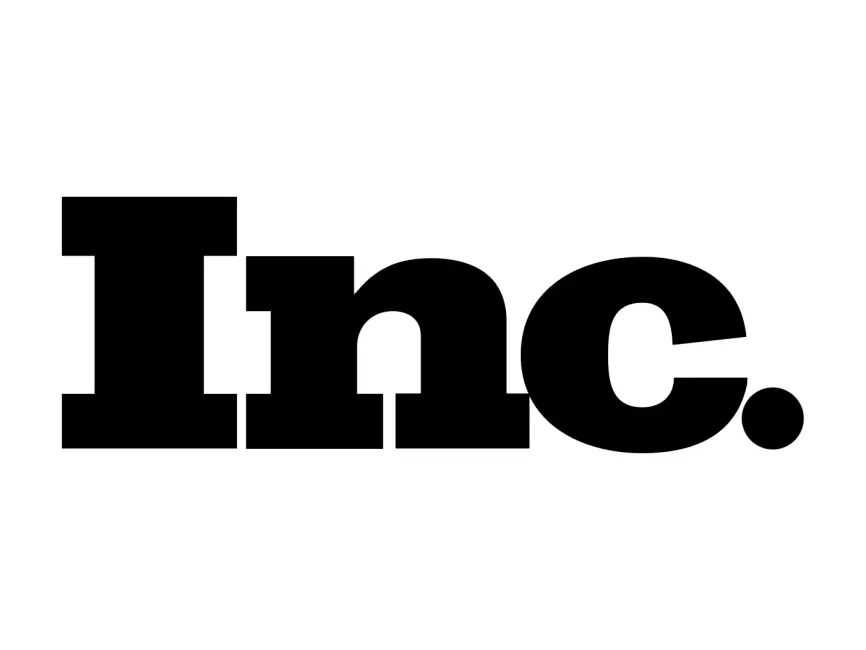Payment Week is the fastest growing news and information platform for payment industry professionals looking to stay on top of the emerging payments market. Our online platform, Paymentweek.com, keeps its readers ahead of the game with daily articles, a weekly newsletter, webinars, a calendar of industry events, a free online job board, and a company directory.
Latest News
Money
Press Release
Our Company
GET IN TOUCH
Schedule a Visit
Payment Week Articles Featured in the Top Publications













Our Team
Peter Horadan is a finance graduate who has been active in the field since 2015. He enjoys writing about stimulus programs, social security, and other U.S. finance topics to help Americans better understand their finances.








